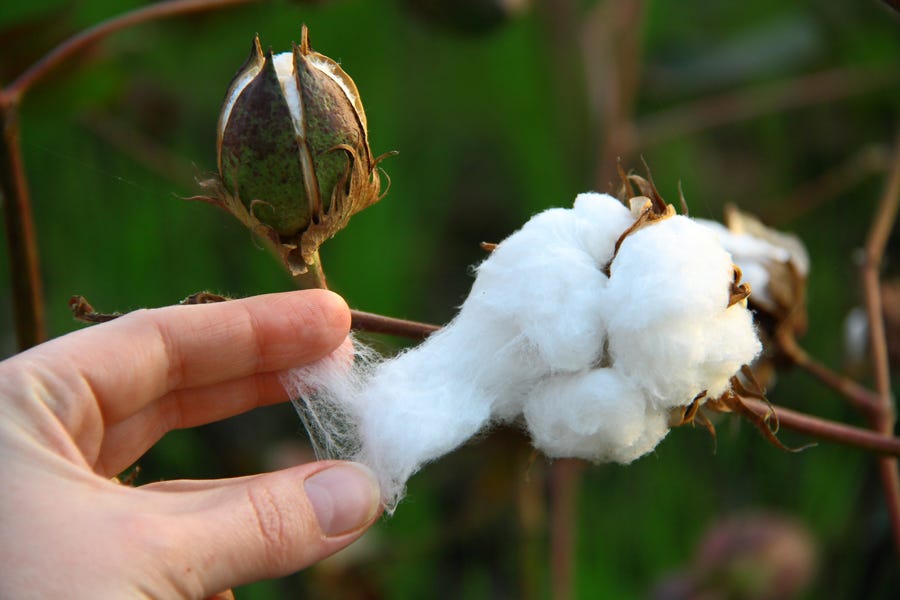India aims to boost textile industry through Bt cotton.
India is poised to become a global hub for the textile industry, with states like Maharashtra, Telangana, and Tamil Nadu spearheading initiatives to establish exclusive textile parks. Experts highlight the pivotal role of Genetically Modified (GM) cotton in achieving this ambition. At a recent workshop on ‘Biotech Interventions in Cotton Improvement,’ experts emphasized the necessity of GM cotton for a robust textile value chain. They stressed the interplay of technological, regulatory, socio-economic, and environmental factors in determining the future of GM cotton in India.
While Bt-cotton initially revolutionized cotton production, challenges like pest infestations, particularly pink bollworm, have led to stagnation since FY2015. Addressing these challenges requires continued innovation and responsible stewardship of biotechnologies. YG Prasad, Director of ICAR-Central Institute for Cotton Research, highlighted the benefits of Bt-cotton in reducing the need for chemical insecticides and improving yield and quality.
CD Mayee, Former Chairman of ASRB, noted that biotechnology has enabled the development of herbicide-tolerant cotton varieties, enhancing weed control and overall crop yields. Paresh Verma of DCM Shriram Limited emphasized the importance of collaborative efforts to navigate regulatory complexities and promote sustainable cotton farming systems.
Field testing of GM cotton is crucial before commercial release to ensure effectiveness. With India's textile industry poised to achieve a milestone of US$250 billion in production by 2030, Maharashtra aims for US$100 billion alone. However, the current production levels pose a bottleneck. Revitalizing the cotton sector is imperative to bolstering the cotton value chain and meeting the textile industry's escalating demands.

